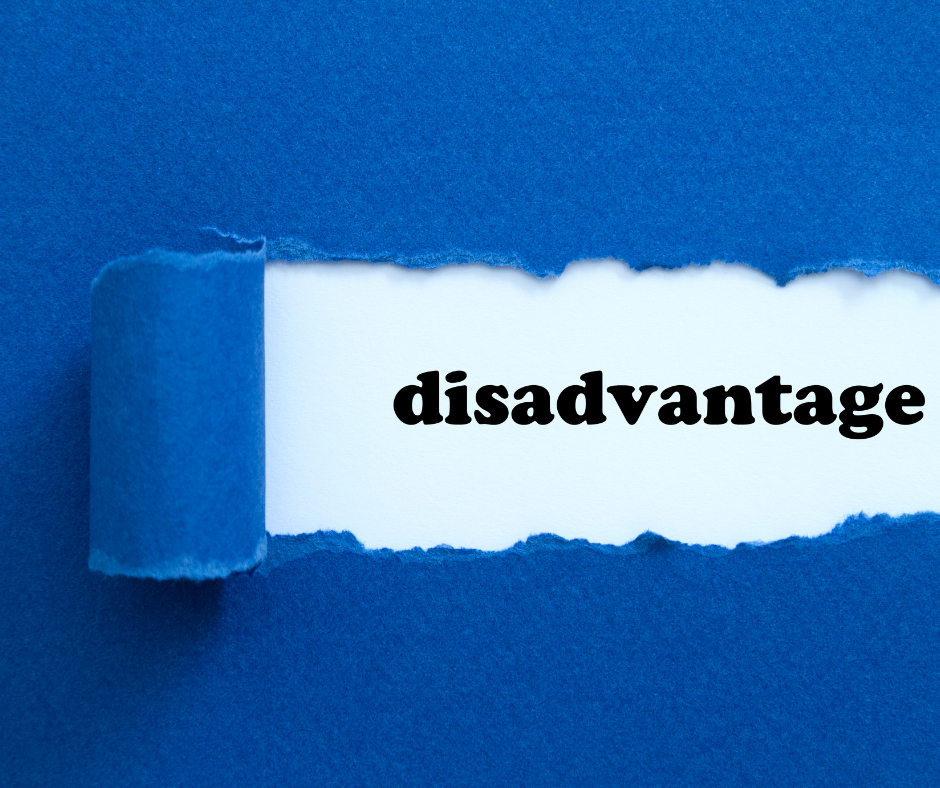The Dawn of a Genetic Revolution
In today’s rapidly advancing world of medicine, genetic testing and medical genetics stand at the forefront of innovation. The ability to decode the human genome has opened doors to life-saving diagnostics, personalized treatment plans, and preventive care that was once unimaginable. Yet, with this progress comes a powerful responsibility — to navigate the legal, ethical, and moral implications that come hand-in-hand with these breakthroughs.
As we celebrate these scientific leaps, we must also pause and ask: How do we balance discovery with dignity? How do we ensure innovation does not outpace integrity?
Understanding the Promise and Power of Genetic Testing
Genetic testing provides insights into a person’s DNA that can help identify potential health risks, detect genetic disorders, and guide tailored medical interventions. From predicting inherited conditions like cystic fibrosis to informing cancer treatments through genetic markers, the potential of genetics in medicine is transformative.
But this potential also means unprecedented access to deeply personal information — the very blueprint of human identity. And with that access comes profound questions about privacy, discrimination, consent, and control.
The Legal Landscape: Privacy, Consent, and Regulation
The legal system struggles to keep pace with the rapid evolution of genetic technologies. Laws vary across countries and even within regions, leaving gaps that can lead to exploitation or misuse.
Key legal challenges include:
-
Genetic Privacy: Who owns your genetic data? The individual, the lab, or the institution? Unauthorized access or misuse can lead to identity theft or discrimination.
-
Informed Consent: Patients must understand the scope and implications of genetic tests before consenting. Yet, many do not grasp how far-reaching the outcomes can be.
-
Insurance and Employment Discrimination: Employers and insurers may use genetic information to deny coverage or opportunities — a breach of basic human rights.
-
Data Storage and Sharing: Genetic databases, if not properly secured, become vulnerable targets for cyber threats and unethical commercial use.
Legal systems worldwide are being challenged to create robust frameworks that protect individuals while allowing research and innovation to thrive.
The Ethical Dilemma: Between Hope and Harm
The ethical debate surrounding genetic testing is as intricate as the DNA strands themselves. Every test result carries emotional and social consequences — not only for the individual but also for families and future generations.
-
Right to Know vs. Right Not to Know: Some individuals may prefer to remain unaware of certain genetic risks, while others seek full disclosure. Respecting these choices is a moral imperative.
-
Designer Babies and Genetic Editing: Technologies like CRISPR have made genetic modification a reality. But where do we draw the line between curing diseases and altering natural human traits?
-
Equity in Access: If genetic testing becomes a privilege of the wealthy, it will deepen global health inequalities. Ethical medicine must ensure equal access for all.
At its heart, medical genetics challenges us to balance scientific curiosity with compassion, and technological ability with moral restraint.
A Call for Global Responsibility and Ethical Governance
As we advance further into the era of genomic medicine, one truth becomes clear — we must establish a global ethical and legal framework to safeguard human dignity and prevent misuse of genetic information.
Governments, institutions, and medical professionals must collaborate to:
-
Enforce stringent data protection laws.
-
Educate patients about genetic literacy and informed consent.
-
Encourage transparent research practices.
-
Promote international dialogue on genetic ethics and human rights.
This is not just a scientific issue — it’s a societal one. The choices we make today will shape the moral landscape of future medicine.
The Urgency to Act
We are standing at a pivotal crossroads. The decisions we make in regulating, using, and understanding genetic technologies will define the future of healthcare and humanity itself.
If left unchecked, the misuse of genetic data could lead to discrimination, inequality, and ethical chaos. But with awareness, legislation, and moral clarity, we can ensure that genetic progress remains a force for good — healing without harming, advancing without abusing, and evolving without eroding our shared humanity.
The time to act is now. Let us choose responsibility, transparency, and compassion in every step forward.






